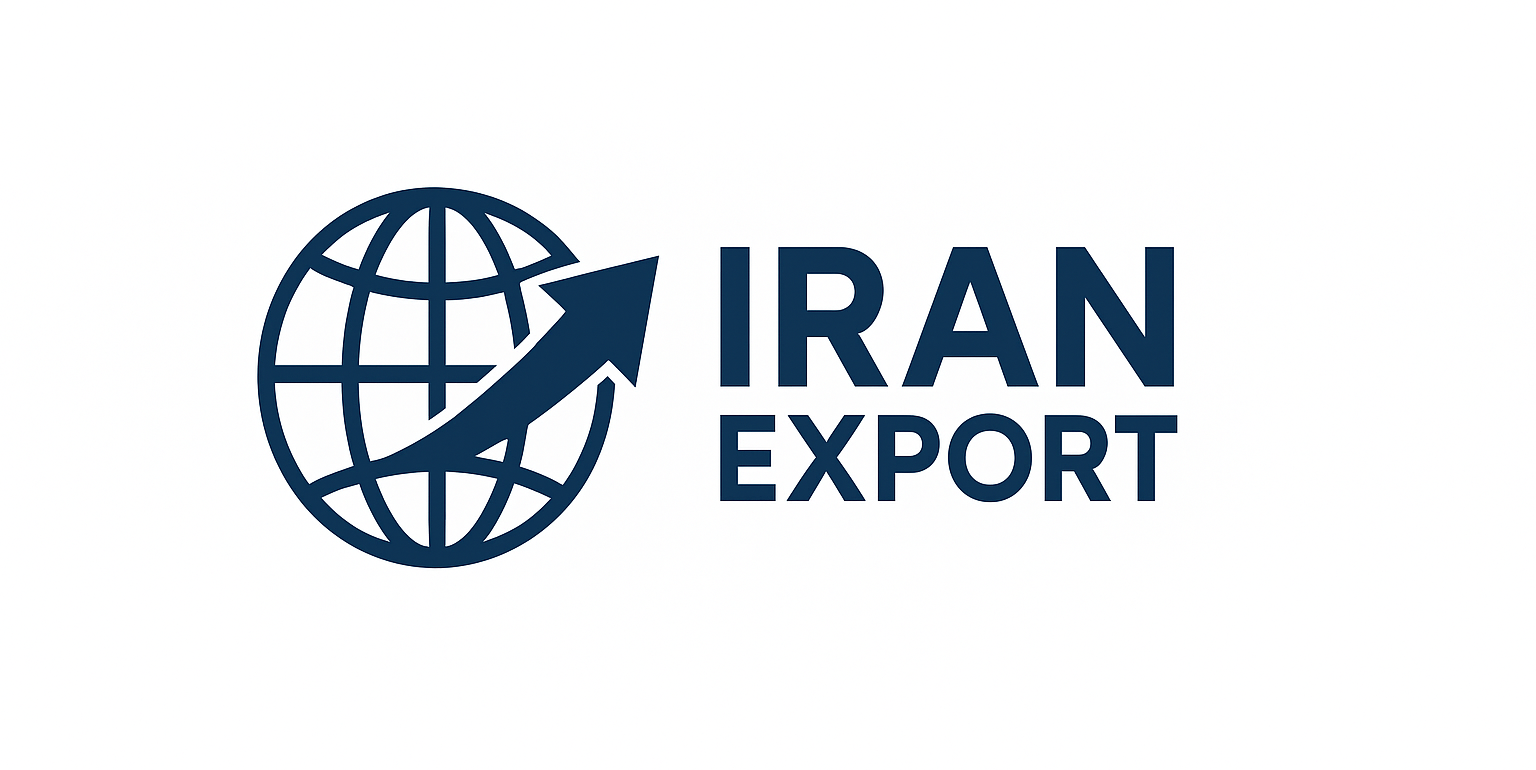Tea and Herbal Beverages industry is a significant and culturally rooted segment of the country’s agriculture and food sector, supported by a favorable climate, strong domestic demand, and growing export potential.
Iranian black tea is mainly cultivated in the northern provinces of Gilan and Mazandaran. It is known for its natural taste, color, and lack of chemical additives. Additionally, Iran produces a wide range of medicinal and aromatic herbs such as borage, thyme, chamomile, lemon verbena, mint, and lavender, which are processed into packaged herbal teas. Modern drying, pasteurization, and hygienic packaging technologies are increasingly used to ensure quality and shelf life.
This industry contributes to rural employment, especially in mountainous and northern regions, reduces dependency on imports, and adds value through the processing of native plants.
Iran has the potential to export organic tea and herbal infusions to markets such as the Gulf countries, Central Asia, Russia, and Europe. The natural flavor, health benefits, and cultural popularity of Iranian herbs create a strong competitive edge.
Iran’s competitive advantages include rich biodiversity, favorable agro-climatic conditions, traditional knowledge, and an available rural workforce. With improvements in branding, modern packaging, and compliance with international standards, Iran can significantly strengthen its global position in the tea and herbal infusion market.
